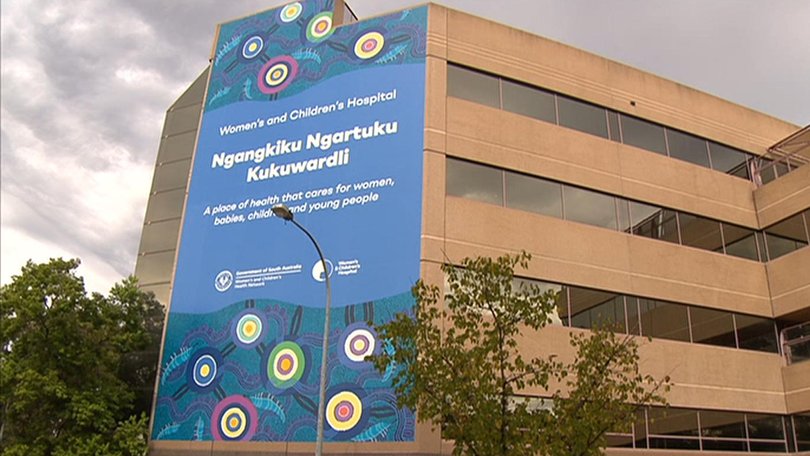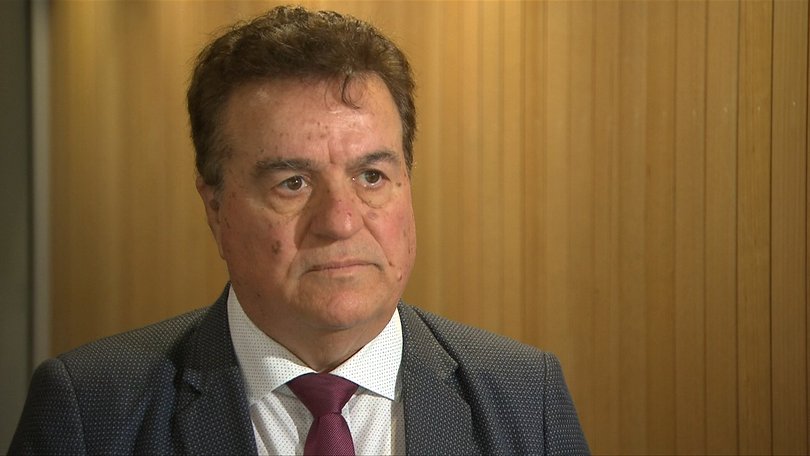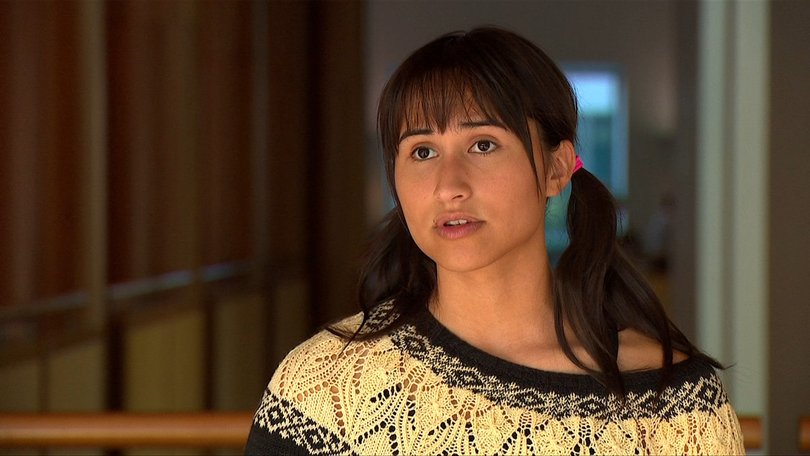Children as young as three being referred to gender clinics in South Australia
‘This is about child protection and whether they are receiving the best treatment.’
Children as young as three years old are being referred to a gender diversity clinic, prompting a South Australian MP to call for an independent review of gender dysphoria treatment.
The Women’s and Children Hospital reported three children aged between three and five years old were seen by its services between March 2022 and March 2024.
WATCH THE VIDEO ABOVE: Young children referred to SA gender clinic.
Sign up to The Nightly's newsletters.
Get the first look at the digital newspaper, curated daily stories and breaking headlines delivered to your inbox.
By continuing you agree to our Terms and Privacy Policy.More than 80 children aged between six and 10 years old were seen over the same period.
The clinic was seeing 285 children under the age of 18 since April this year, although some of these referrals were for the same patient.
SA Health Minister Chris Picton recently released the figures to independent MP Frank Pangallo after he asked a question without notice in parliament earlier this year.
The Women’s and Children’s Health Network said none of the children currently being assessed were under the age of six.
The hospital said on its website, children referred to the gender diversity team were given mental health support.

They are referred for further medical treatments, such as puberty suppression and gender-affirming hormones, if necessary.
Legal guardian consent maybe required for patients under the age of 16, the hospital said.
Pangallo questioned whether youth under the age of 18 could make “life-changing decisions” to change their gender.
He’s been calling for a parliamentary inquiry into gender dysphoria, that did not receive the support of Labor or The Greens when it was proposed earlier this year.
Pangallo is concerned that some medical practitioners may be too quick to support gender transitions of young people without investigating whether there are other reasons leading to their gender dysphoria.
“The concerns are whether it’s best practice and whether what’s happening in these gender clinics is in the best interest of young people,” Pangallo said.
“Members of the left of the Labor Party are resisting calls for an independent review into the practices and guidelines of gender clinics in this country and in the state when this is happening worldwide.
“This is about child protection and whether they are receiving the best treatment.”
Hormone therapy for teenagers
The hospital said its “service has not provided gender hormone treatment to anyone under the age of 14 and has not provided puberty blockers to anyone under the age of nine”.
It said it does not offer surgical treatment options.
“All youth undergo initial assessment and care as indicated from the mental health team prior to proceeding for medical assessment or intervention,” a spokesperson said.
“Not all children referred to our service will go on to access medical-based treatment.”
The South Australian Rainbow Advocacy Alliance said Pangallo’s commentary on the subject caused “psychological harm” to the gender diverse community.
It said only about one to 2 per cent of gender diverse people detransitioned, and these people required further support.
“We believe that this support needs to come in the form of research, medical and therapeutic options, not in the removal of autonomy of gender diverse people,” a spokesperson said.

Chloe Cole started hormone treatments at 15, then detransitioned at 17 and is now a prominent advocate against gender treatments for children.
She said she was failed by therapists and doctors who were supportive of her gender-affirming treatments, but unsupportive of her wanting to be a girl again.
“I’ve seen first hand the damage those treatments do to the body, to the development of a child, sexually, psychologically, emotionally,” Cole said.
“No child understands their identity or fully understands their body especially at age 3,4,5.”

Cole is touring Australia with WA woman Courtney Coulson to advocate for a review of gender-affirming care.
Coulson under-went a female to male transition at 22-years-old, then detransitioned at 28.
She said the hormone therapy she was prescribed was fraught with complications.
“When seeking treatment, no doctor took the time to investigate my background, my relationships, my family, my sexuality or mental health issues, nor did they offer me a mental health care plan,” Coulson said.
“Instead, after two appointments with an endocrinologist, I was prescribed testosterone.”
Pangallo said a review of gender-affirming treatment in the United Kingdom led to it adopting a “holistic approach” to care instead of rapidly initiating permanent gender transition pathways.
It also emphasised the need to address the root causes of their distress.
The United Nations Office of the High Commissioner for Human Rights supported the changes and said researchers who express views of such interventions “are not silenced, threatened or intimidated simply for holding and articulating such views”.
SA Health Minister Chris Picton said South Australia would consider the findings of a review in NSW investigating national and international scientific literature, research and evidence on gender care when it is released.
“The Royal Australasian College of Physicians — the peak professional body for doctors in this area — has previously opposed a parliamentary inquiry in relation to this matter,” he said.
Originally published on 7NEWS
